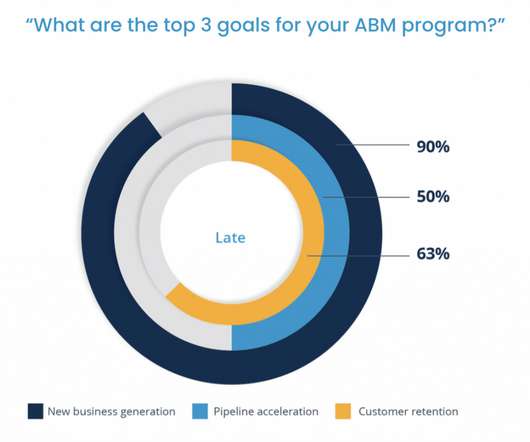Seed Stage Funding 101: What it Is & How it Works
The Startup Magazine
AUGUST 11, 2023
This could be a proportion of the company’s equity or investment; in other instances, it could be a portion of its later-stage profits. Seed venture capital firms can make more significant follow-on investments to keep or increase their equity stake in the company. How does the funding for the seed stage work?






















Let's personalize your content